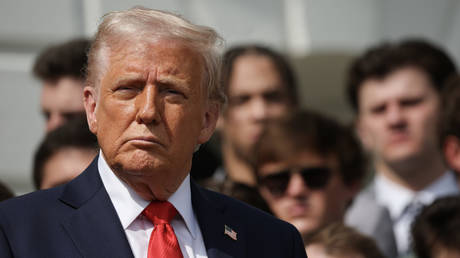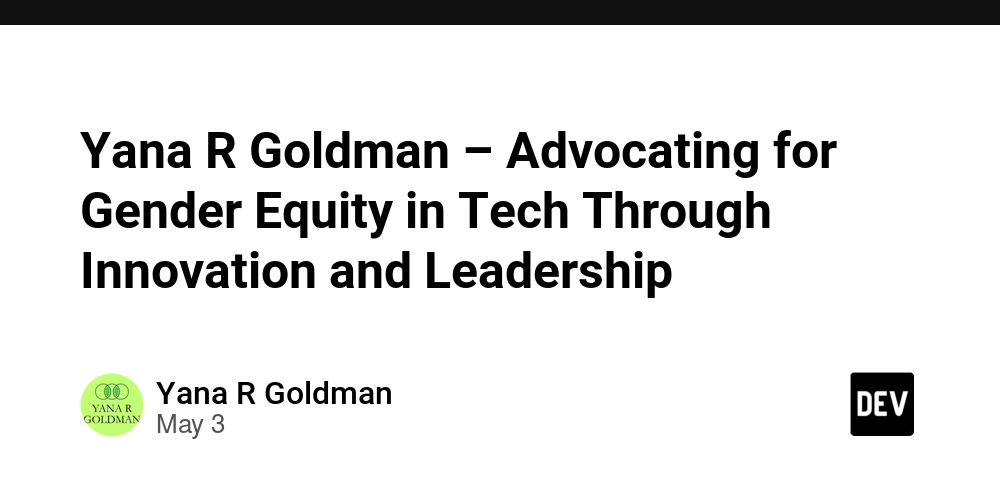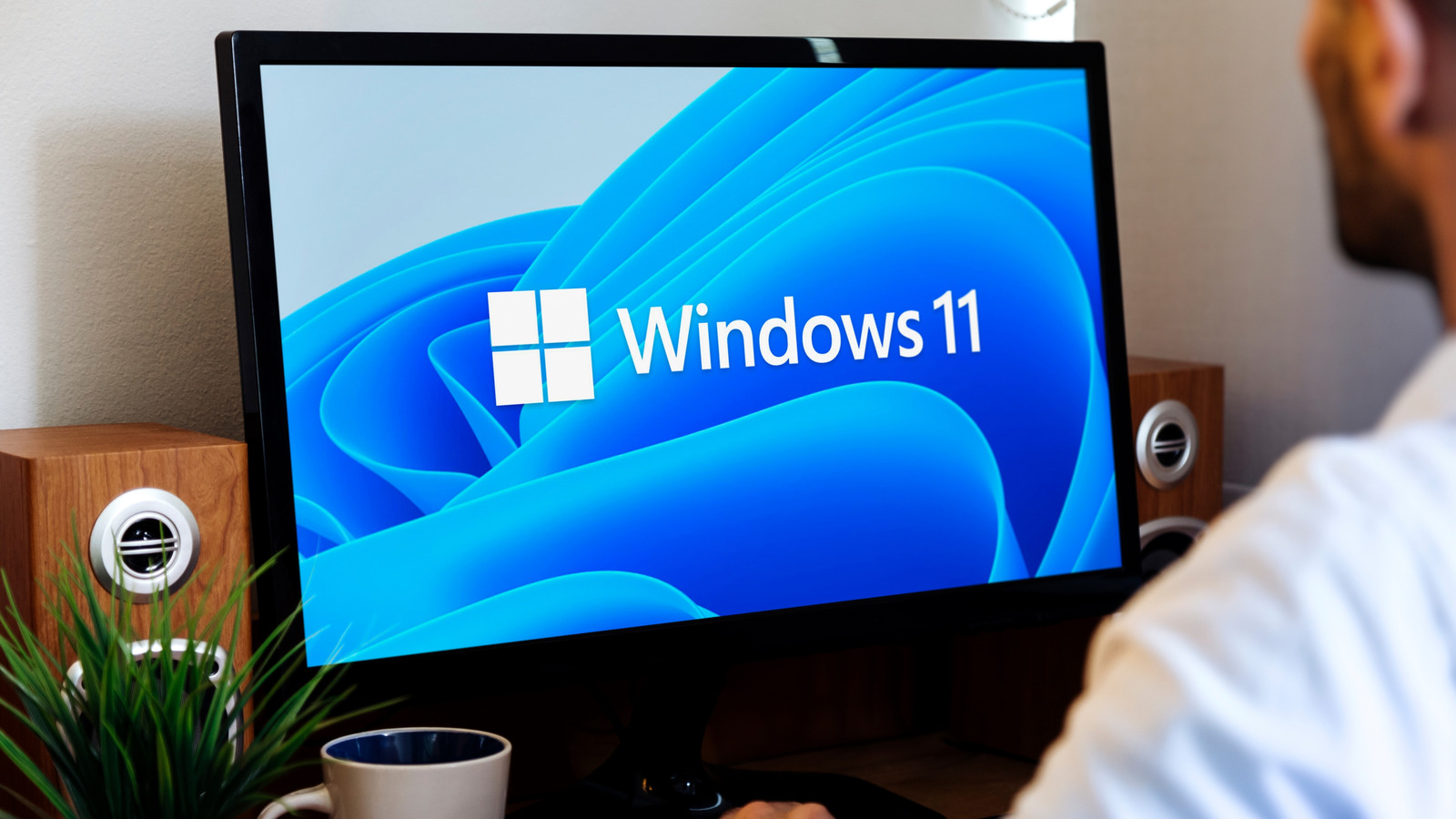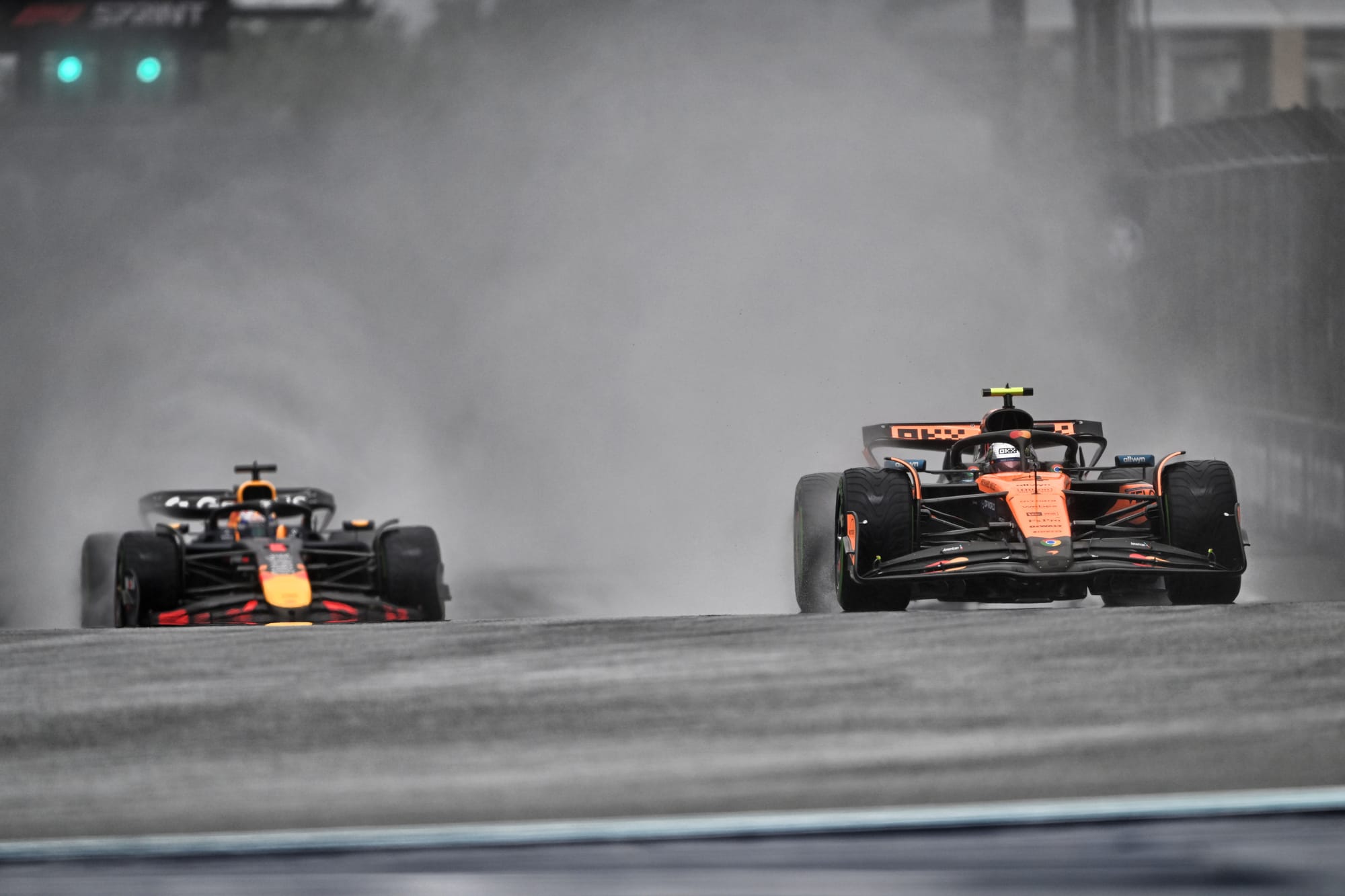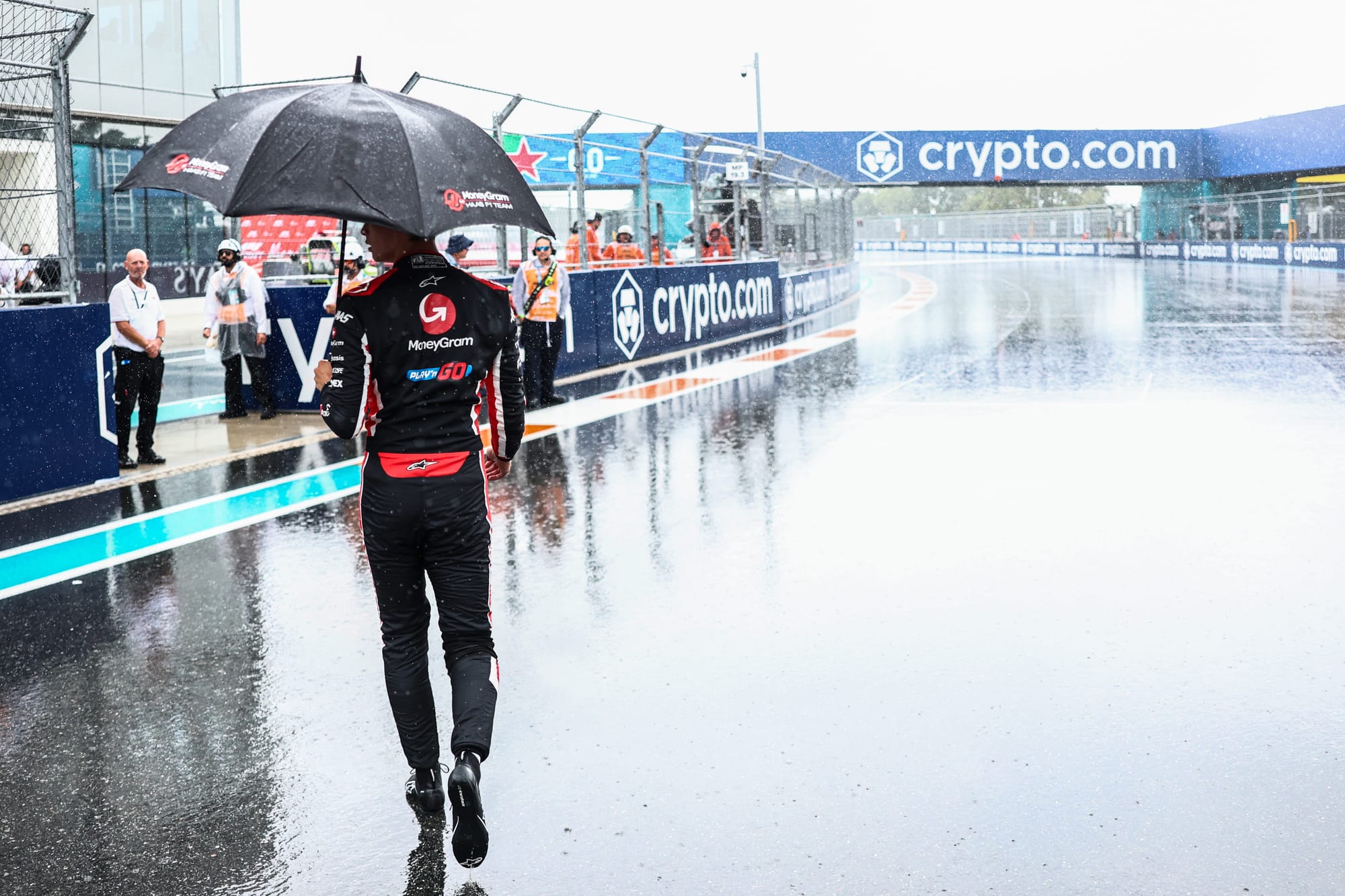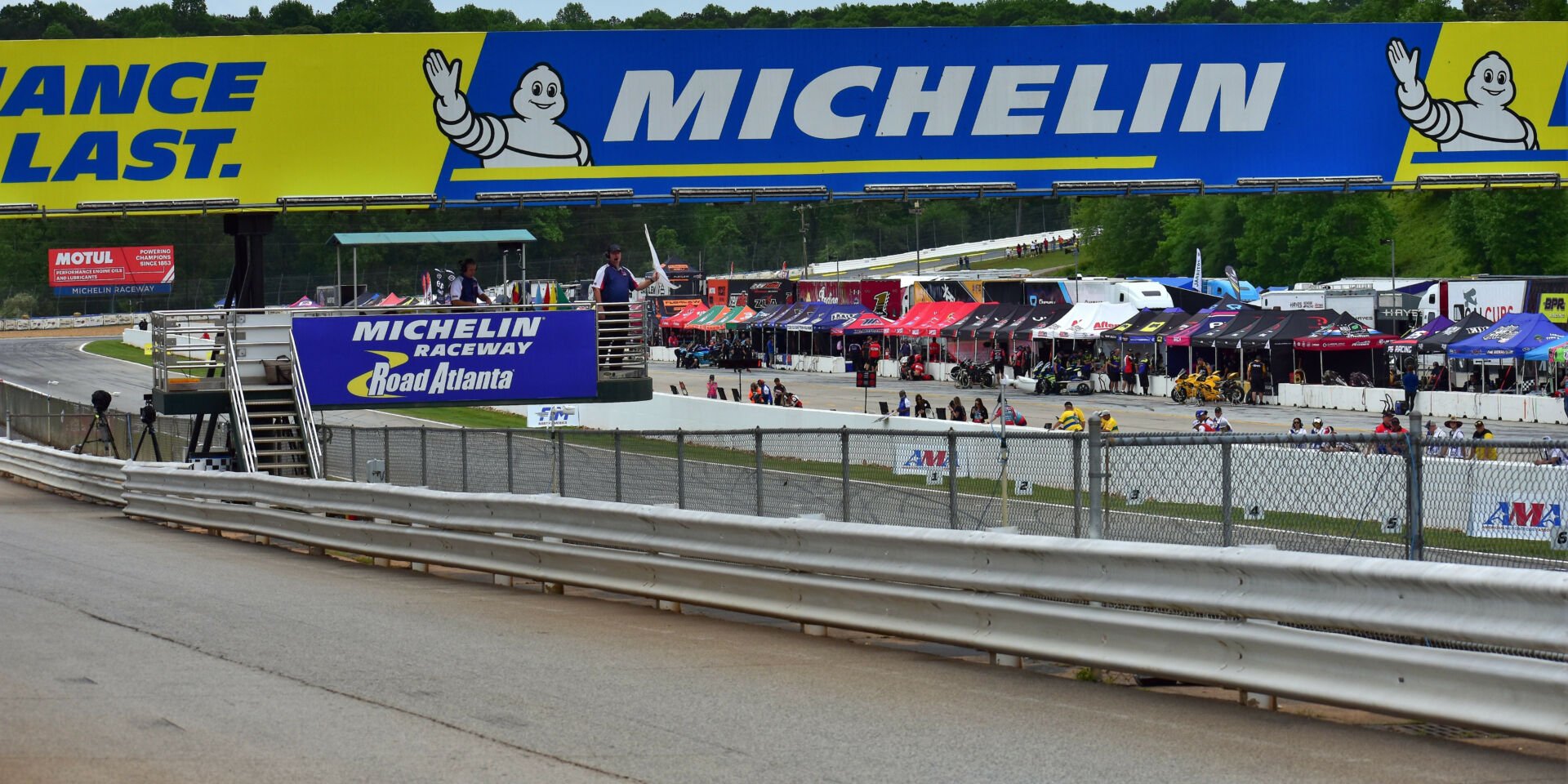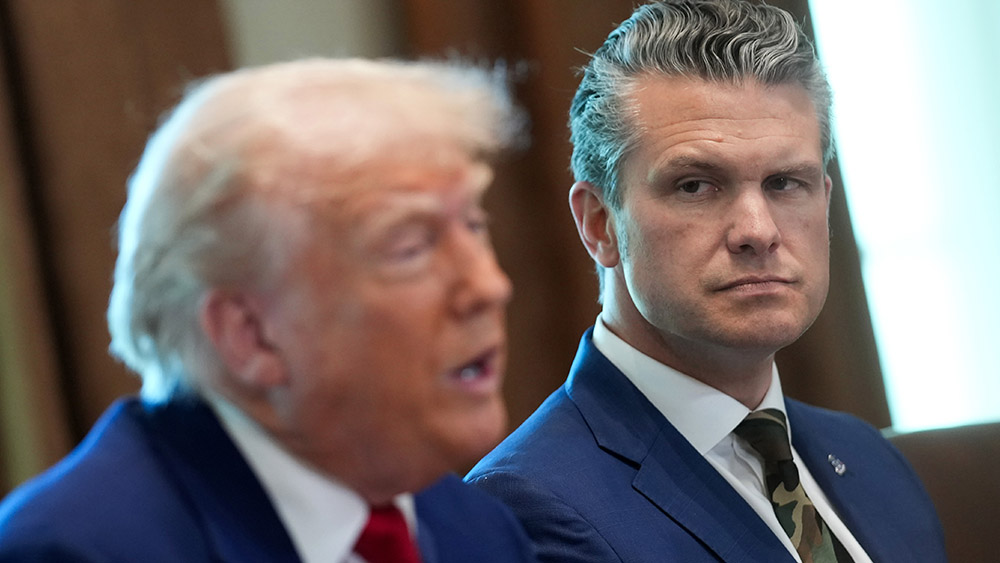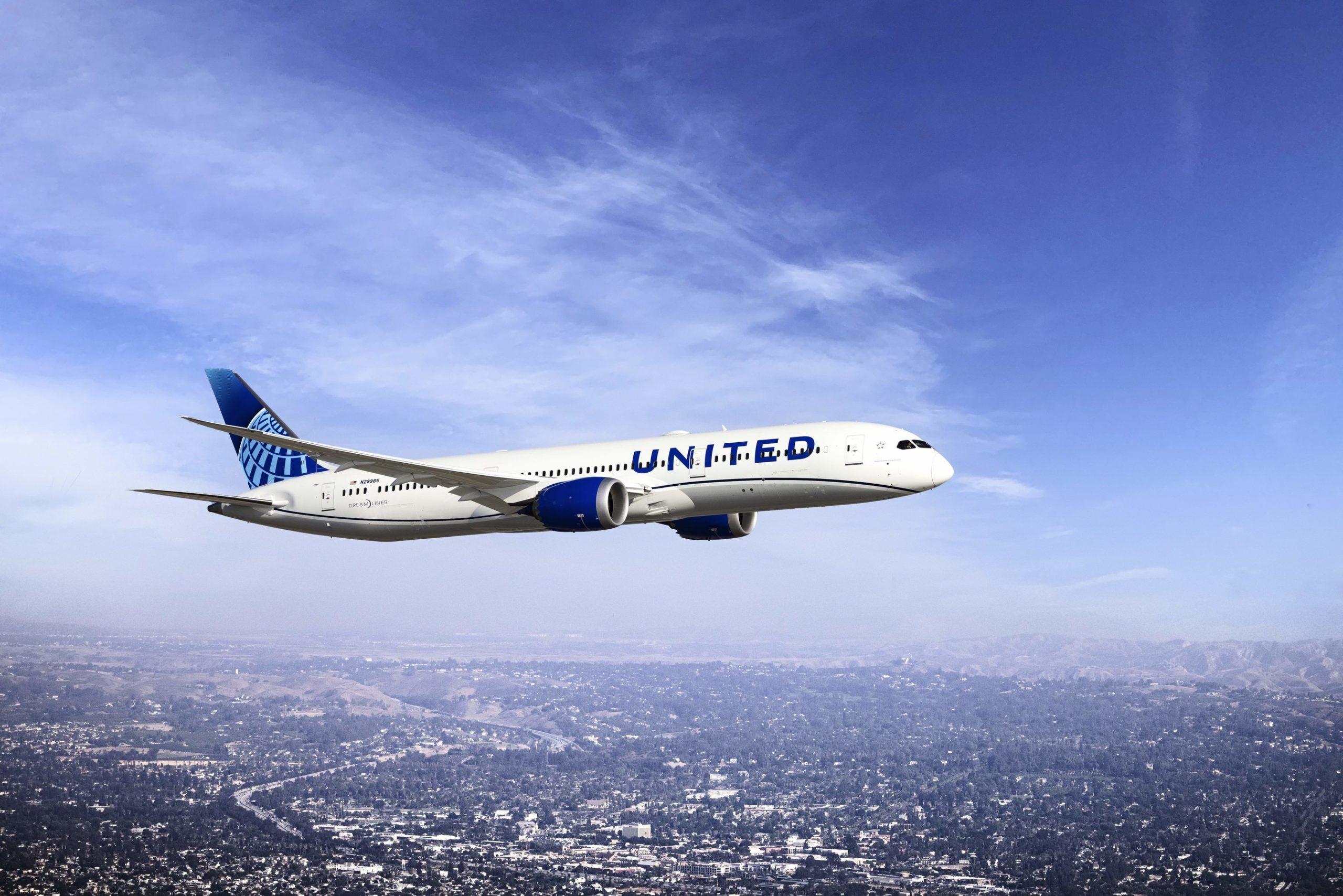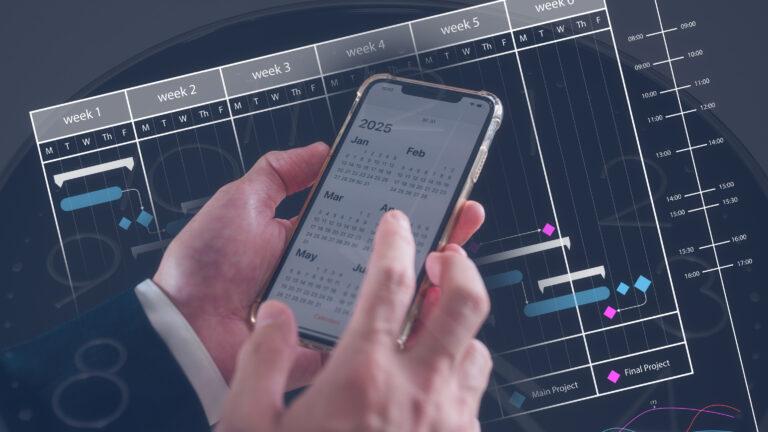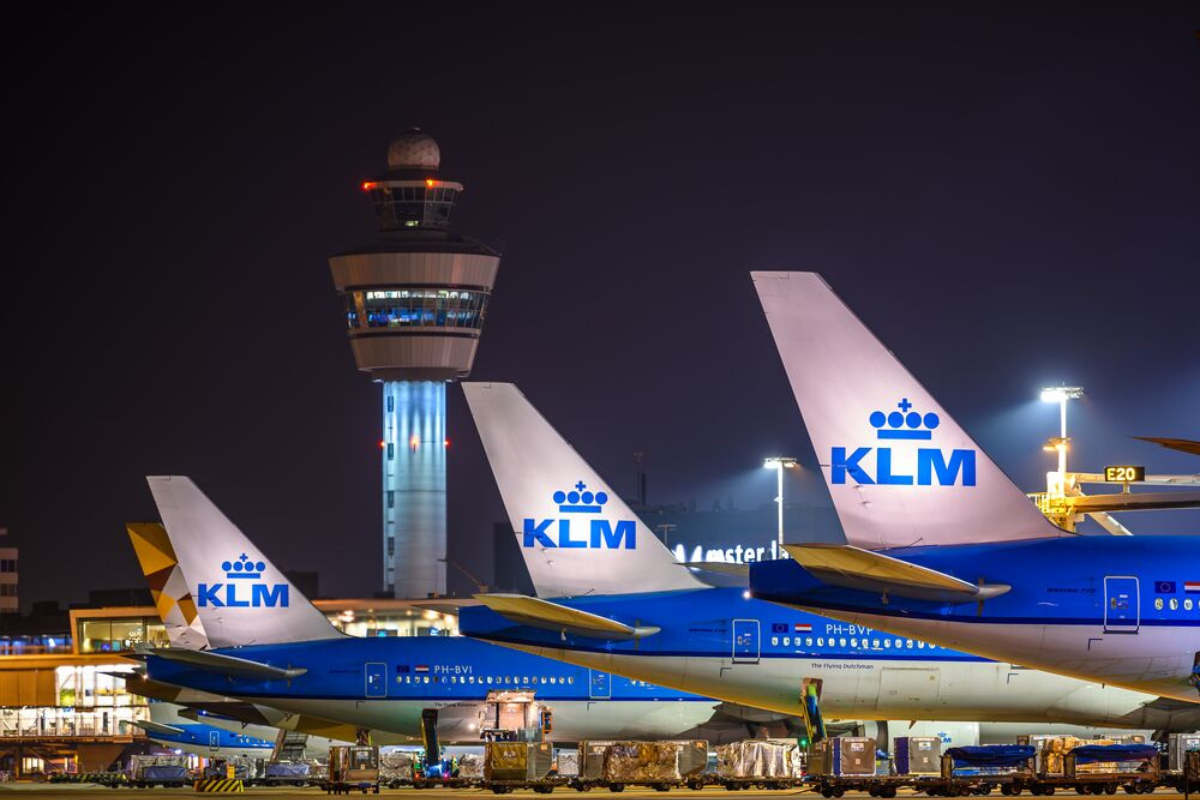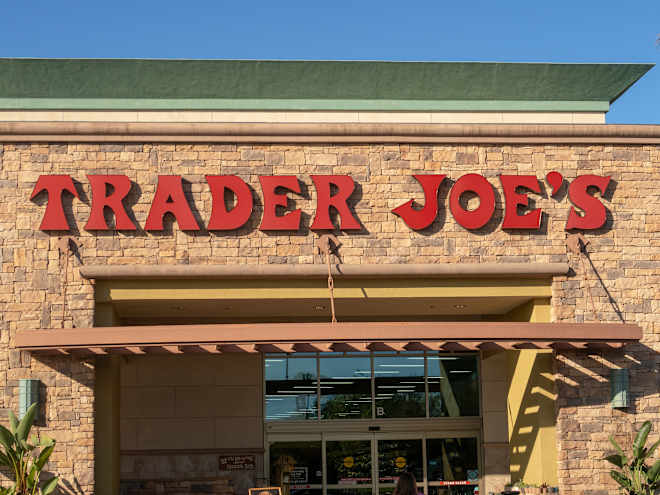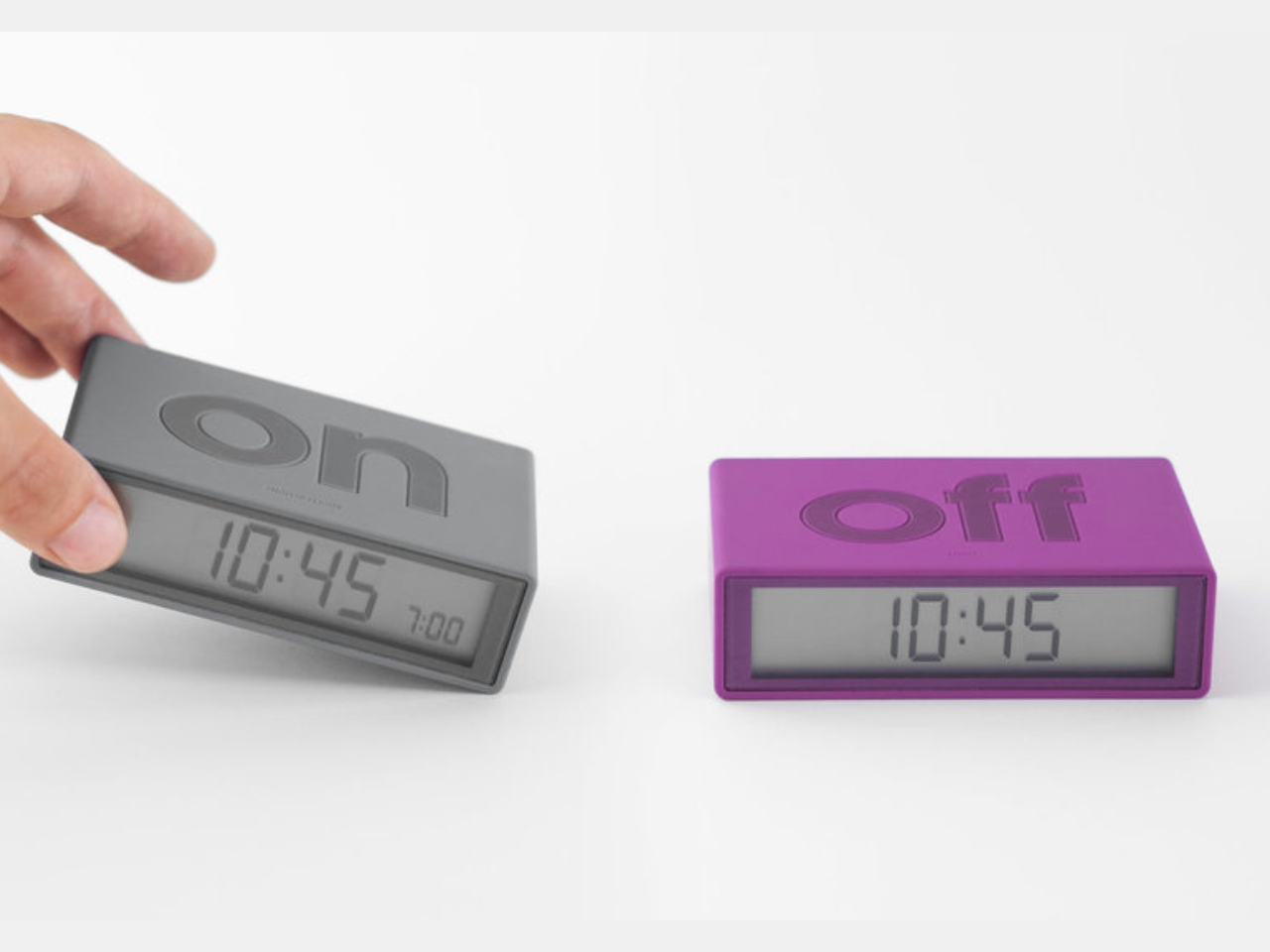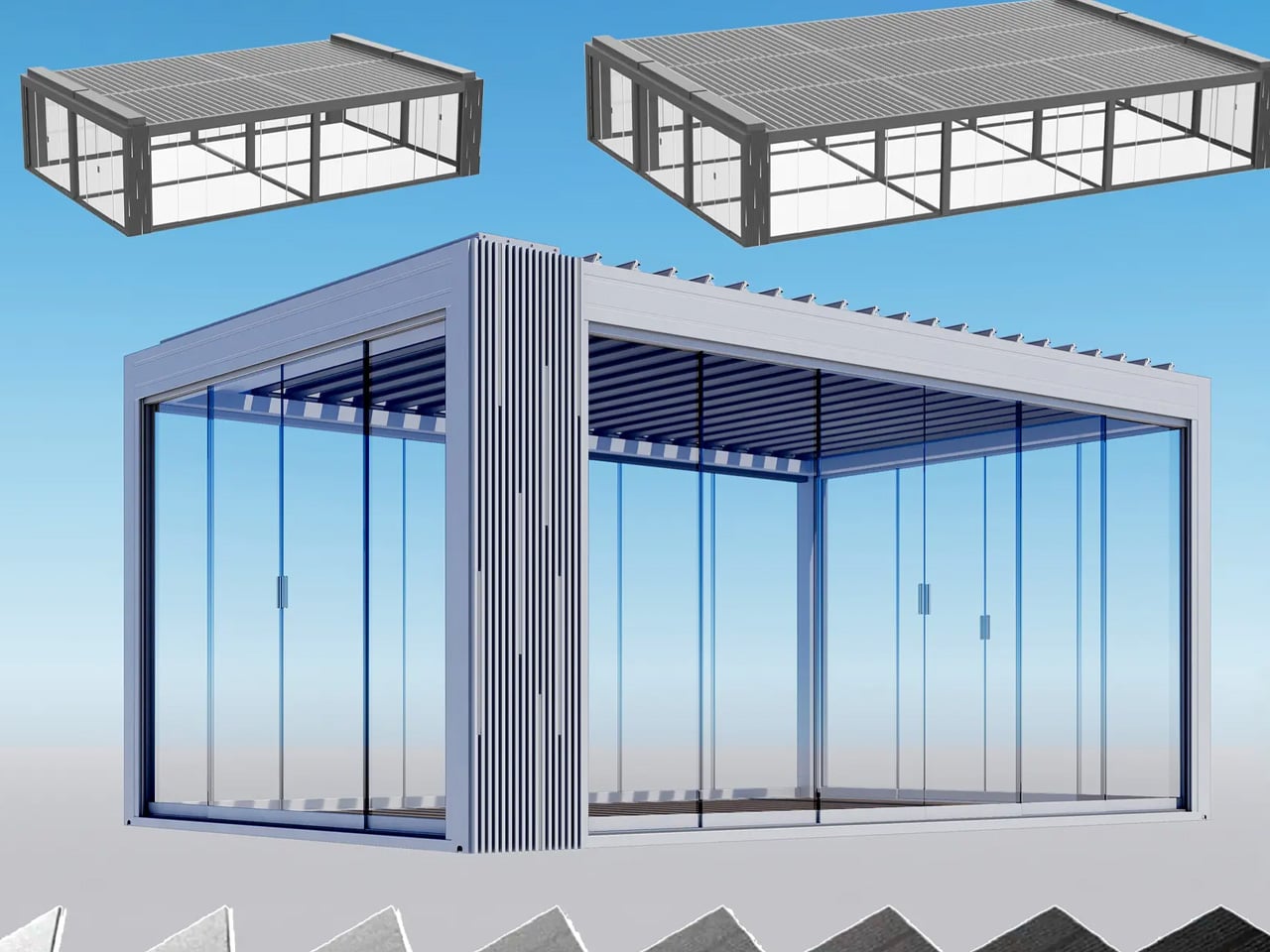Consumers are so worried about tariffs they rushed to car dealerships last month to get ahead of impending price increases
Cox Automotive analysts said that new-vehicle sales rose compared to April 2024, and JD Power estimated that buyers snapped up an extra 139,000 vehicles last month.

US consumers flocked to car dealerships in April as the specter of tariff-induced price increases loomed.
Cox Automotive analysts said that new-vehicle sales rose compared to April 2024, and JD Power estimated that buyers snapped up an extra 139,000 vehicles last month as they sought to get ahead of higher prices.
In the electrified vehicle market, hybrids continued to sell like hotcakes. Some automakers reported YoY declines in EV sales, but the lackluster results appeared to be due at least in part to standard model-year changeovers.
“The March and April sales surges have the potential to set up for future volatility; within the next three months, automakers will have to contend with new inventory and production levels subjected to tariffs, in addition to volatile economic conditions,” Chris Hopson, principal analyst at S&P Global Mobility, said in a statement.
By the numbers: Hyundai continued its hot streak, reporting its best-ever April sales, which were up 19% YoY. Hybrid sales jumped 46%, while electrified vehicle sales overall grew 25%. Sales of the brand’s all-electric models—the Ioniq 5, Ioniq 6, and Kona—all were down.
In a statement, Hyundai spokesperson Ira Gabriel attributed “the recent softness for EV sales” to the automaker’s “transition of electric vehicle production from Korea to our new facility in Savannah, Georgia.” Still, the brand is “seeing strong demand for hybrids and plug-in hybrids.”
Sister brand Kia also reported its best-ever April sales, up 14% YoY. Kia’s electrified models were up 21% YoY, though sales of all-electric models like the EV6 and EV9 were down. Kia spokesperson James Bell noted that both models are going through model-year changeovers.
Kia, too, recently started EV production at a plant in Georgia. Both the EV6 and EV9 qualify for federal tax incentives.
Ford’s EV sales rose 8.4% YoY, boosted by the company’s introduction of an employee pricing program across its lineup. The automaker’s hybrid sales were up nearly 30%, but EV sales were down nearly 40%, which spokesperson Said Deep attributed to model year changeovers and “lack of inventory.” The company expects to see higher EV sales in May.
American Honda’s sales rose 18.1% YoY in April. The automaker said in a news release that the Honda brand “set an all-time April record” for electrified vehicles, led by hybrids.
Tariff woes: The reports come as the industry navigates uncertainty and economic turmoil related to the Trump administration’s tariffs. The 25% tariffs on all imported vehicles, along with a slew of other trade and transportation policy changes, have led to predictions of lower sales, higher prices, and production disruptions.
The administration gave automakers some relief with an April 29 executive order that ensures automakers paying the 25% levy aren’t subject to other duties.
However, Wedbush Securities analysts wrote in a research note that “while this sounds good on paper…a US car with all US parts made in the US is a fictional tale not possible today and many factories/production hubs could take 4–5 years to build in the US.” They expect average vehicle prices to increase by as much as $10,000 and for the industry to incur up to $100 billion in annual costs as a result of the tariffs.
“With economic concerns rising and consumer confidence declining, the outlook for new auto sales from here is more troubling,” Charlie Chesbrough, senior economist at Cox, said in a statement. “If current policy holds, prices in the new-vehicle market will be noticeably higher in the coming months as more costly products replace pre-tariff inventory.”
This report was originally published by Tech Brew.
This story was originally featured on Fortune.com
